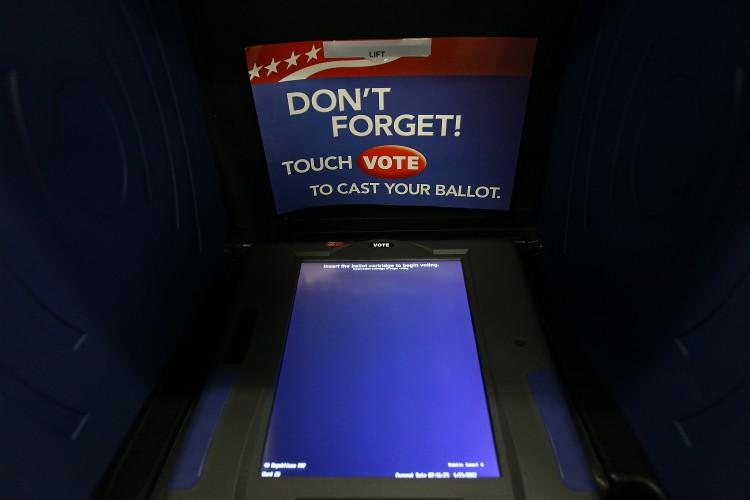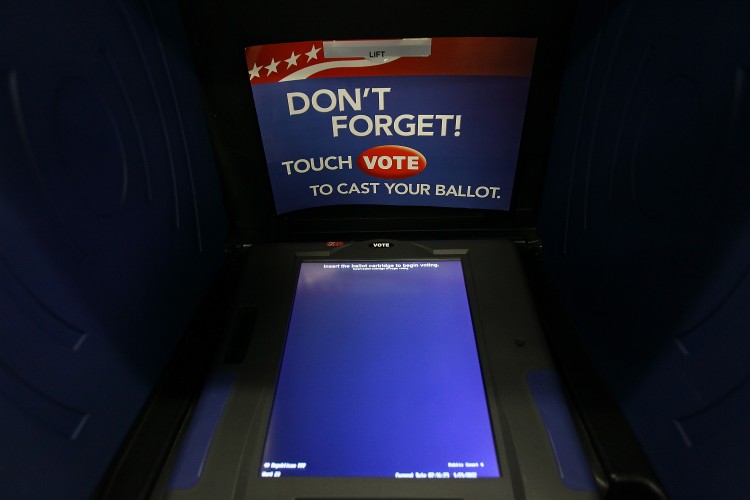Paper-based voter registration is outmoded, expensive, and inaccurate, and should be scrapped, according to the Brennan Center for Justice, a think tank. States should offer online registration, allow citizens to correct their own records, make registration portable, and allow same-day registration and voting, it said in a press conference on May 22.
Congressman John Lewis (D-Ga.) introduced H.R. 5799, the Voter Empowerment Act of 2012, on May 17. It includes the features that the Brennan Center recommends, and more. Lewis famously served with Martin Luther King in the civil rights movement, which led to the Voting Rights Act of 1965.
“The Voter Empowerment Act is one of two momentous events about voting rights,” said Wendy Weiser. She directs the Democracy Program at the Brennan Center for Justice at NYU School of Law.
The second event is that the “courts upheld a constitutional challenge to the Voting Rights Act—momentous,” she said. A number of Southern states are still under federal supervision because of Jim Crow-era practices that disenfranchised African-Americans. Some of the states sued to be released from supervision, but lost in the courts.
The new legislation is a “serious proposal,” which shows that Democratic leaders care about reducing the potential for fraud and making the rolls more accurate, according to Weiser. Computer security has come a long way since the controversies over potentially hackable voting machines, and online registration can be secure.







